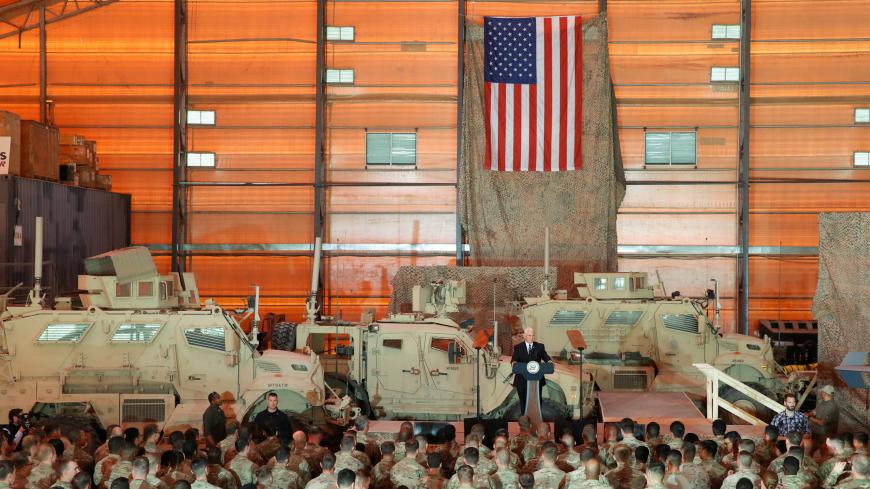The Donald Trump administration continues to adapt its policies toward Syria and Iraq in response to three major developments: the territorial defeat of the Islamic State (IS); the Turkish invasion of Syria and the consolidation of Damascus’ control over most Syrian territory; and the fallout in Iraq from both the recent popular uprisings and the US killing of Islamic Revolutionary Guard Corps Quds Force Cmdr. Qasem Soleimani and Iraqi militia leader Abu Mahdi al-Muhandis.
All three merit a reassessment that also takes into account a potential diplomatic opening offered by Mazlum Kobane, secretary-general of the US-allied Syrian Democratic Forces (SDF), and a steady-as-we-go approach in Iraq to sustain the US security commitment that Iraq desperately needs to prevent an IS resurgence and counter Iranian influence.



